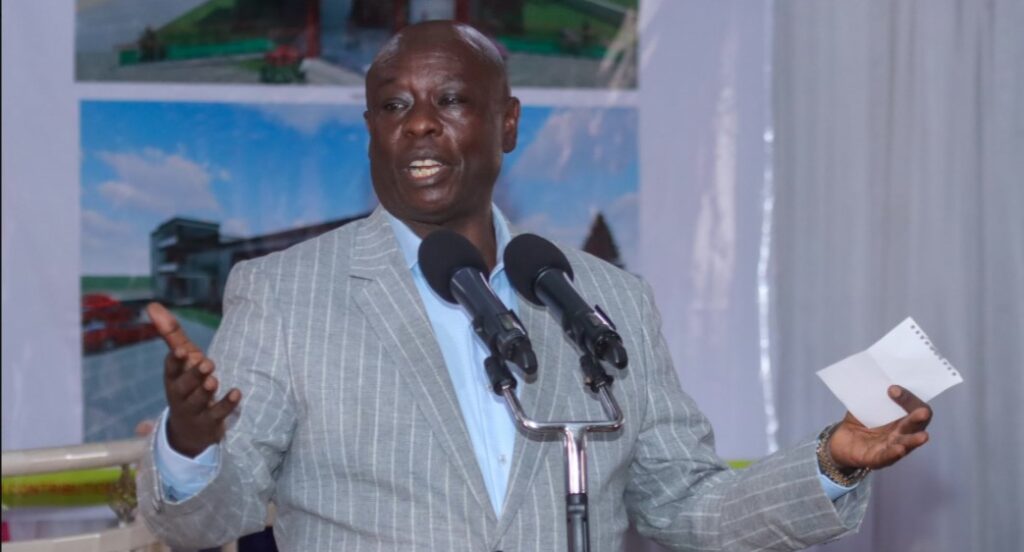Former Deputy President Rigathi Gachagua has acknowledged that the Kenya Kwanza administration did not inherit completely empty government coffers from the previous regime. Speaking in an interview with media personality Oga Obinna on Friday, May 16, 2025, Gachagua admitted that while the financial situation was strained, there were sufficient funds to run basic state operations when they took over.
“To a certain extent, yes, we found empty coffers, but there was enough to get the country started,” Gachagua stated. “There was not a surplus or abundance, but there was enough money to get the country back on its feet.”
This marks a significant departure from his earlier, more dramatic assertions following the Kenya Kwanza victory in the 2022 general elections. At the time, Gachagua famously claimed that the outgoing Uhuru Kenyatta administration had left behind nothing, declaring during the September 2022 inauguration that the Treasury was empty—going so far as to say they hadn’t even found “a rat” in the accounts.
The earlier remarks painted a picture of economic desolation and were used to justify the slow start in fulfilling some of Kenya Kwanza’s key campaign promises. Gachagua blamed the previous government for mismanaging the economy and leaving behind unsustainable debt and inflationary pressures.
The timing of Gachagua’s change in tone has sparked speculation, especially as he intensifies efforts to solidify his political base in the Mt. Kenya region. The former Deputy President recently unveiled the Democracy for Citizens Party (DCP), signaling a strategic move to position himself as the dominant voice in a region that largely supported President William Ruto in 2022.
Analysts suggest the softening of his rhetoric may be part of a broader rebranding effort to appeal to a more moderate constituency as he seeks to increase his political influence.
While the true reason behind the U-turn remains unclear, Gachagua’s revised narrative raises questions about the accuracy of the Kenya Kwanza administration’s initial claims and whether political convenience is now shaping the message.

